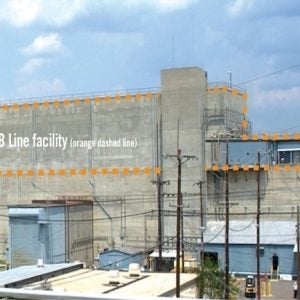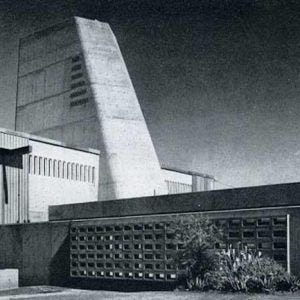Japan has announced that it plans to end its reliance on nuclear power in the 2030s. However, it appears that nuclear power plants may be able to continue to operate for decades beyond that date.
The chosen Japanese energy policy outlined in the Innovative Energy and Environment Strategy on 14 September seems to lie somewhere between a nuclear share of 0% and 15% by 2040.
The policy specifies that new nuclear power plants will not be built in Japan and that existing reactors will be limited to a 40-year lifespan. This could see the youngest plant (Tomari 3) operating until 2049. Two new nuclear power plants (Shimane 3 and Ohma), which began construction prior to the Fukushima accident are also likely to be completed, and under the new rule could operate well into the 2050s.
There are ‘no plans to change the decisions that have already been made about the construction of new reactors,’ according to Yukio Edano, the Minister of Economy, Trade, and Industry, the Japan Times reported.
Nuclear power accounted for around 30% of Japan’s electricity generation before the Fukushima accident, and the government had been hoping to increase that ratio to half by 2050. The new strategy, however, aims ‘to achieve a society that does not depend on nuclear energy as soon as possible,’ in line with the wishes of the Japanese public.
“The majority of the people wish to have a society that does not depend on nuclear power,” Japanese prime minister Yoshihiko Noda said during a press conference on 7 September.






